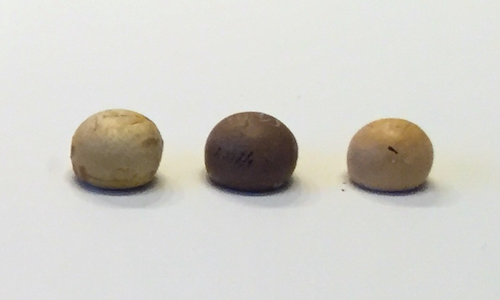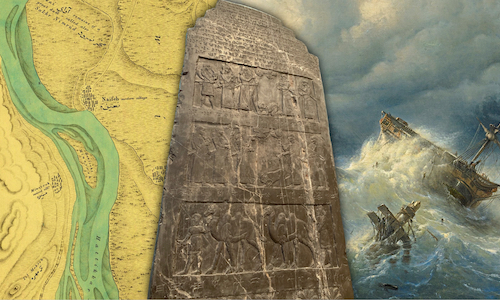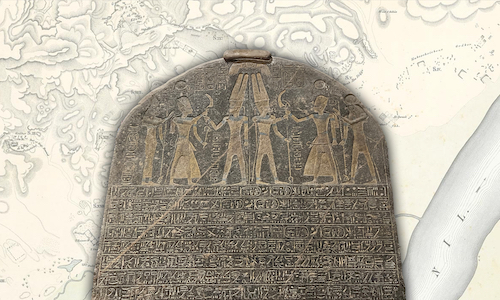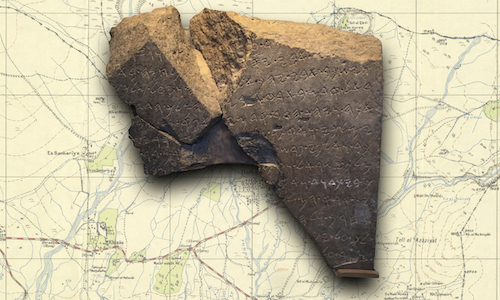Israelite Origins: An introduction
Before we get started on this series on Israelite Origins I want to get one thing absolutely straight:
The origins of the Israelites and the crystallization of their national entity are among the most controversial topics of biblical history.1
Most of us Christians appear to be blissfully unaware that this is a complicated area. Some are willingly ignorant. Others try to come up with cheap apologetics to explain the problems away. Others still try to defy the relevant experts, claiming that they’re looking for evidence of the Israelite conquest in the wrong place, in the wrong time period, or with “atheist assumptions”. These are all hopeless approaches that leave you ignorant, misinformed, or needing to defend the indefensible – none of which are the sort of stance we ought to have.
In this series we’re not going to pretend that this isn’t a complicated area. We’re not going to try to “explain away” difficulties. And we’re not going to pretend that we know more than those who study this stuff for a living. We’re going to take a look at the facts, and see what the relevant experts have to say on the matter.
We’re going to start by laying out what the problem is, we’ll then take a look at what the Bible has to say on the matter, next we’ll move on to the historical background to the period, we’ll follow that with the inscriptional/epigraphical and archaeological evidence, and finally, hopefully, be able to come to some meaningful conclusion.
If you’re the sort of conservative Christian who wants certainty of the “historical accuracy” of your face-value interpretation of the Bible then this series isn’t going to be fun, but it is going to be interesting.2
Finally, this’ll take some time to get through; forgive me if it drags on for a while.
Footnotes
-
Amihai Mazar, Archaeology of the Land of the Bible 10,000-586 B.C.E. (New Haven; London: Yale University Press, 1990), 328 ↩
-
If you find this stuff difficult, please bear in mind that nothing we cover has any bearing on whether Christ rose from the dead or not. It’s perfectly possible to be a Christian that holds a view of Israelite Origins more nuanced than the one you learned in Sunday School (I am one). If on the other hand you’re an atheist and you find this stuff surprising then I’m sorry Dawkins gave you such a simplistic foundation. He does that. I’m sorry. ↩




